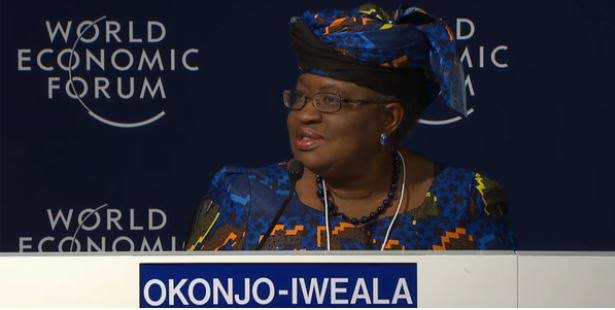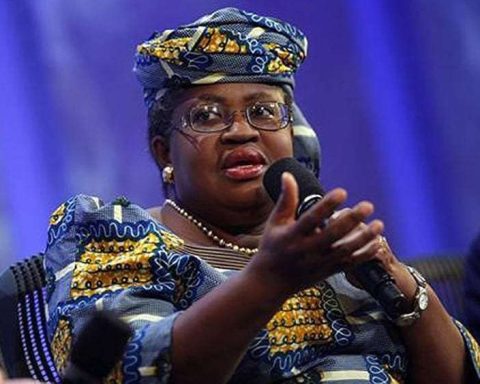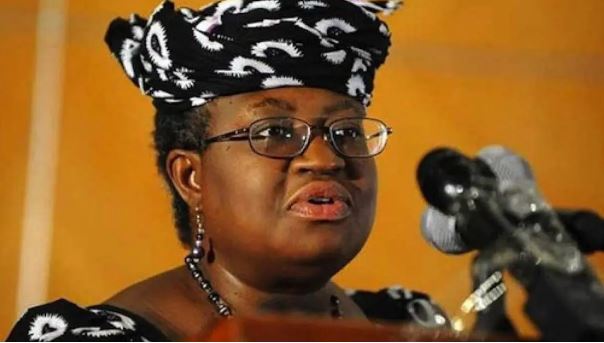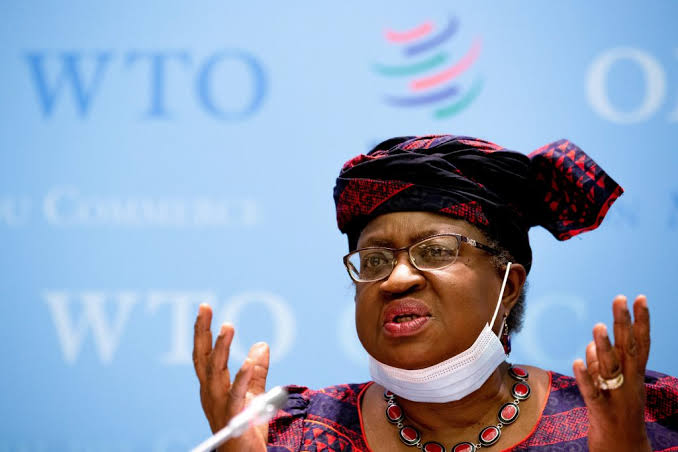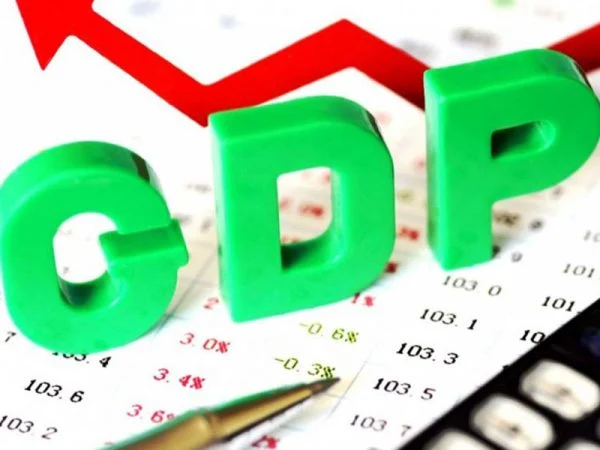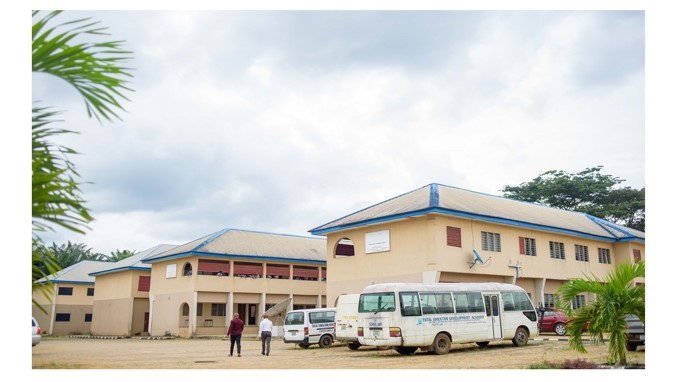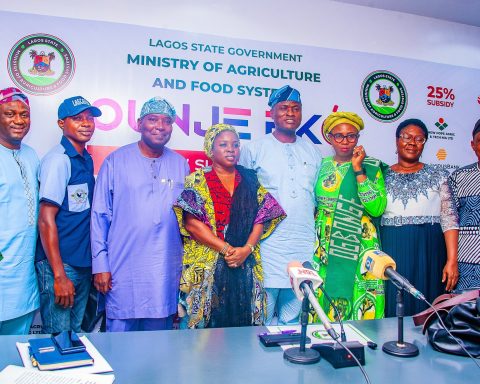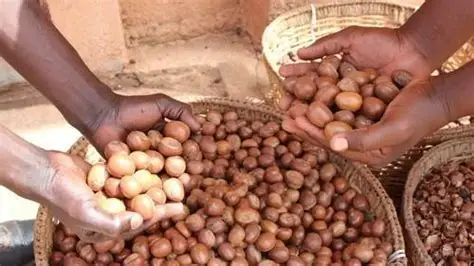Director-General of the World Trade Organization, Nigeria’s Ngozi Okonjo-Iweala has offered her blueprints on how the current food crisis rocking the world could be mitigated by nations mostly affected reports Prime Business Africa.
Join our WhatsApp ChannelOkonjo-Iweala was speaking in Davos, Switzerland as the world’s business leaders converge for the 2022 World Economic Forum.
In an interview with Richard Quest on Quest Means Business aired on Cable News Network (CNN) Tuesday night, Okonjo-Iweala stated first responded on Russia blocking the seas and the inability to get the foods out of the western world.
“The answer is to try harder and see if we can get a solution through the Black sea. That’s number one – to create safe corridors through through which the foods can go through.
“The other answer is that those who have additional stuff should put them on the international market so that prices can go down. So those are the short terms. On the longer term, it’s to see if countries can be more resilient in producing their own food,” Okonjo-Iweala advocated.
On food inflation and the challenges of supply chains, the former Nigerian finance minister considers the menace of the Coronavirus pandemic and other attendant issues as serious threats.
“I think the supply chain issues are definitely serious. I think there are a number of factors. We also have the lockdown in Shanghai and the impacts of Covid. So these factors are coming together for a perfect storm really in terms of supply chains.
“I can feel some anxiety because people are seeing themselves in person for the first time in two years but there’s tremendous anxiety that the world is going through. It’s a perfect storm of crisis. Fuel crisis, health crisis, the climate change, international security crisis.
CNN then asked the Nigerian if she believe ls that the crisis are so many and so much in gravity that is overwhelming the world.
Okonjo-Iweala responded in an affirmative nod and said:
“I don’t know about overwhelming but it is certainly causing a lot of anxiety and uncertainty because its not clear how to solve these crisis.
“Of course if the war (Russia invasion of Ukraine) stopped, that will help tremendously, that I can say and if the lockdown in Shanghai stopped, that will help too,” the Delta state born tehnocrat added.
Izuchukwu Okosi is a Nigerian sports and entertainment journalist with two decades of experience in the media industry having begun his media journey in 2002 as an intern at Mundial Sports International (MSI) and Africa Independent Television (AIT), owners of Daar Communications Plc.


